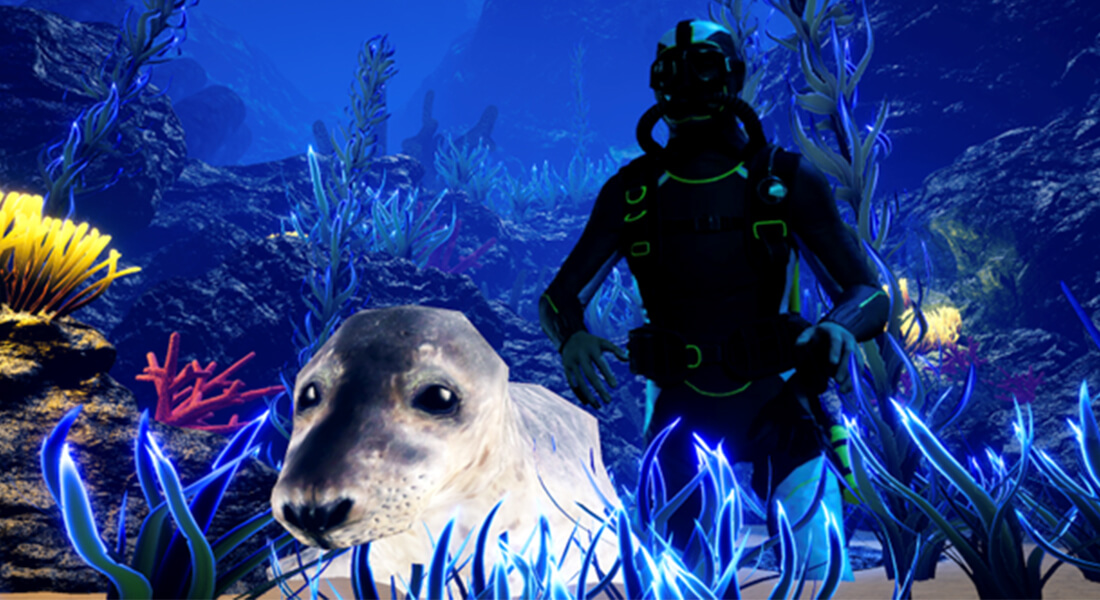Shedding New Light on Curiosity in Children and Adults

The main goal of this project is to generate new knowledge that can support children and adults in having a positive life both mentally and socially, by increasing our understanding of: 1) the role of (different aspects of) curiosity for important outcomes; 2) how interventions can foster people’s curiosity levels; and 3) how to measure curiosity in children and adults. We seek to increase our understanding of the role of curiosity throughout life, and to develop theoretically and empirical informed knowledge on how to create interventions that can foster children’s and adults’ curiosity, which, in turn, should support them in their educational and other life trajectories, as well as to provide curiosity measures that can facilitate research and practice.
This project investigates whether, and in what ways, technology-supported learning can be leveraged to nurture curiosity. To this end, we are developing and testing tailored educational simulations for both VR and PC platforms. Our first prototype, Curious Ocean, is an engaging, interactive underwater learning environment designed especially for children. Within this environment, learners can freely explore various ocean-related topics - such as overfishing, eutrophication, and more - across a series of content rich nodes. Curious Ocean aims to foster curiosity-driven exploration, allowing participants to control the depth and direction of their learning experience. The system includes built-in assessment mechanisms that evaluate engagement in the simulation without interrupting the user experience.
Curiosity has been linked to a variety of societally relevant life outcomes. Building on this, the present project aims to investigate how different dimensions of adult curiosity relate to various life domains, with a particular focus on environmental and climate-related attitudes and behaviours. One of the first foci of the project explores the associations between multiple dimensions of curiosity and various environmental and climate-related outcomes.
One of the first measures we are developing is a state measure of curiosity, the Curiosity State Inventory (CSI). Historically, many personality state measures have been developed by taking a trait scale and modifying the wording or instructions. However, this approach can be problematic, as trait scales are specifically designed to capture general tendencies across situations, whereas the aim of state scales is to measure something situation-specific. The goal of this project is therefore to develop a state curiosity scale that is designed from the outset to capture momentary expressions of curiosity.
Researchers
| Name | Title | |
|---|---|---|
| Makransky, Guido | Professor |
|
| Plechatá, Adéla | Postdoc |
|
| Shiwalia, Ban Mouid | Student FU |
|
| Stenberdt, Valdemar Aksel | PhD Student |
|
| Strandsbjerg, Cecilie Fenja | PhD Fellow |
|
| Svendsen, Magnus Holm | IT Officer |
|
| Zettler, Ingo | Professor |
|
Contact
Guido Makransky
Professor, PI
Ingo Zettler
Professor, Co-PI

